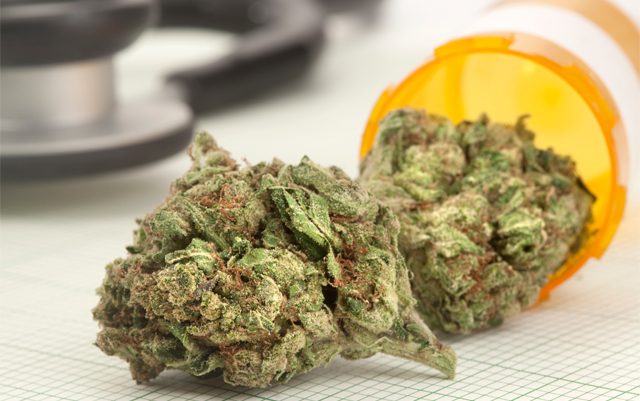Recent statements from the Federal Drug Administration Commissioner suggest that the agency may be considering the legitimacy of medical marijuana claims, years after legalization of the herb for medicinal purposes has taken hold in over half of the country. Most specifically, the concern revolves around claims that cannabis has anti-tumor effects that can cause cancerous tumors to shrink.
“I see people who are developing products who are making claims that marijuana has antitumor effects in the setting of cancer,” FDA Commissioner Scott Gottlieb said at a hearing before Congress on a separate matter. “It’s a much broader question about where our responsibility is to step into this.”
This statement hints at two different possibilities:
- Further research and full blown clinical trials to prove or disprove cannabis’ potential anti-tumor effects, or
- A crackdown on businesses making such claims – possibly like letters sent out previously regarding CBD products, or even more intrusive.
While it is important to make sure that all medical health benefits and claims made should be made with the knowledge that they are correct – or at least proven, to a degree – it is also important to note that many studies prove comparable results, even though they are on a small scale.
There are only a handful of medical marijuana or CBD-related clinical trials – and even fewer approved by the FDA. A study on the CBD-based drug Epidiolex for children with rare and treatment resistant forms of epilepsy, and a recently approved study on cannabis and PTSD both took years, and jumping through countless hoops to become reality.
“Who should ultimately decide what level of risk is acceptable to a dying patient ― federal officials or patients themselves, in consultation with their doctor?” Naomi Lopez Bauman, healthcare policy director for the Goldwater Institute, said in written testimony.
Luckily, some patients may, in the future, be able to access medical marijuana under a Right to Try program that is being considered in Congress. Though medical marijuana is not specifically mentioned, it does have clinical trials in progress for conditions like those mentioned on Epidiolex and PTSD.
There are two different versions of the Right to Try program; the Senate version, which would allow the terminally ill to use experimental drugs that have completed at least a phase 1 clinical trial, and the House version, which would only require that the drug be subject of one or more clinical trials.
Recently, the FDA has also been asked by the World Health Organization to weigh in on CBD and if it should be banned internationally. Prior to making their recommendation, they were required to have a public comment period, which turned up over 6,400 comments in support of CBD and against it being banned.
“Cannabidiol should not be restricted because CBD is not addictive, nor does it have the potential for abuse nor should it be tied to hallucinogenic drugs. Therefore, no international restrictions should be placed on CBD,” wrote Steve Easterly.
The truth is, the need for more large-scale clinical trials with medical marijuana is continuously apparent – especially when a federal agency must consider issues such as benefits and health claims.







cannabis is biologically a plant, botanically a herb and biblically food the FDA which is run by Big Pharma has no business tell we the people what we can and can not put in our bodies however we choose, this is a constitutional issue as there is no victim. and the state can not be both the victim and the judge